.png)
.png)
Is This a New Era of Innovation in Spine?
Forecast for further growth in 2020, the spinal implant and device market is becoming one of the most innovative areas in the medical device field. The market is on the up and set to be worth over $19.5bn by 2024 at a CAGR of 7%.
From working with leading corporate companies, countless innovative start-ups and speaking with my senior contacts at NASS 2019, I know there’s lots yet to come from this new era in spine.
While many companies are advancing this field, improving treatment for patients and supporting surgeons, five companies stand out for their solutions.
Spine surgery has improved thanks to the development of better techniques, but little progress has been made in the development of new materials for implants - with titanium (Ti) and cobalt chromium (CoCr) the common choices.
Now MiRus, an US start-up launched in 2016, have brought to market a new proprietary metal alloy, molybdenum rhenium (MoRe) which was approved by the FDA in March 2019.
This new superalloy will be a catalyst for disruption in the orthopaedic and spine space, with a new wave of more durable, bio friendly, thinner and smaller implants coming to market. These implants will improve recovery times for patients, minimizing soft tissue disruption.
The MoRe alloy is 2-3 times stronger and more fatigue resistant than Ti or CoCr. This is attractive for the deformity market where even four and six rod constructs have been known to break. MoRe is also two times more hydrophilic than titanium. Interbodies containing MoRe alloy will double the osseointegrative characteristics of any 3D printed titanium interbody in the global market.
The opportunity to expand this alloy into an array of markets in the implant world is enough to cause a stir with multinational device manufacturers across the globe. They have received fourteen 510(k) clearances from the FDA in 2019 and with 150+ patents in their portfolio, MiRus is strongly positioned to specifically address unmet needs in the medical device market.
MiRus are growing rapidly and have moved into a 50,000 sqft manufacturing facility filled with 34+ CNC machines to improve production. With special focus on rapid response to surgeon implant and instrument needs, MiRus is focused on developing and completing the spine portfolio including interbodies, deformity, posterior cervical and lateral products.
With their ship steered safely by CEO Jay Yadav, who’s sold $1bn in healthcare companies, they are a company on the up. Aiming to hit the ground running in 2020, their next innovations are set to focus on pre, intra & post-operative solutions that encompass implants, navigated robotics and analytics.
MiRus is also concurrently focused on launching the entire foot/ankle portfolio and expanding into upper extremity, CMF and cardiovascular market in the future.
With a different approach to innovation, Swiss manufacturer, Neo Medical, are disrupting key markets across Europe, APAC and now USA.
They’ve developed a new approach for thoracolumbar fusion that incorporates a Controlled Fixation surgical technique with enhanced instrumentation, along with a next generation implant design, for improved tactile feedback throughout surgery.
Furthermore, having consolidated over 200+ screw sizes to 14 state of the art screws and one universal instrument set, the company have found a peri-operative solution focused on raising the current standard of care in today's value based healthcare mission.
The device’s intuitive & unique technique, all-in-one properties & removal of sterilization challenges, makes Neo Medical a popular choice for hospitals, bringing value to all stakeholders, from patients, surgeons, payers & hospital's risk management & cost-efficiency departments.
A multinational that isn’t shy of innovation, Joimax, have been consistent performers in this market working across the US, APAC, LATAM and EMEA regions.
They’ve recently launched their 4th generation Endoscopic tower and added to their implant portfolio with 3D printed, titanium enhanced implants.
2019 was a big year for the German company, with the full launch of their EndoLIF portfolio in Europe and continued expansion in the US. Picking up the 2019 Spine Technology Award and a CE mark for their Tracking & Control system, Intracsem, this company are never standing still - with FDA approval for the system forthcoming.
Many surgeons are committing to Joimax. The company's impressive range of high-quality products are helping minimize pain for patients, while top tier visualization is improving surgeon accuracy.
The recent launch of their ESPINEA program for education is a unique asset setting them apart from competitors too. This marriage of education and innovation provides a gold standard service for residents and fellows, improving patient care across the globe.
Nanovis Spine have been picking up significant industry awards too. They’ve been recognised as the Best Nanotechnology Driven Implant Company by Global Health & Pharma and a Top 10 Orthopedic Solution Provider by Med Tech Outlook.
In October 2019, they received the first 510(k) clearance for a bioceramic nanotube surface that demonstrated the FDA requirements for nanotechnology. This clearance allows Nanovis to rapidly apply the nanotechnology to their entire spinal implant portfolio to help surgeons achieve successful fixation outcomes.
Ready to commercialise, their platforms include a bioceramic nanotube surface, a deeply porous titanium scaffold (licensed from Sites Medical), an advanced bioceramic bactericidal nanotube surface technology in pre-clinical studies, and a pre-clinical localized infection technology targeting anti-microbial resistant bacteria.
Where the craze of 3D printing and titanium has had a huge impact on the market, Nanovis’ nanotechnology further provides advantages and advancements for healing, and will drive commercial growth.
While many of these companies have been picking up awards, Astura Medical having been making headlines. Their growth has been staggering, with four 510(k) approvals in the last 12 months.
This ambitious US start-up provide devices for intraoperative flexibility, allowing surgeons to accommodate anatomical challenges in surgery.
Astura’s development strategy has focused across implants and instrumentation, with adoption rates in the US market at high levels.
The company have now relocated their HQ to Irving, Texas, where a 40,000 square foot facility will provide a strong base for them - supporting everything from professional education to quality control.
With a targeted commercial approach and multi-phased approach to manufacturing & distribution, the company are meeting the needs of customers, while reducing the risk of growth pains that are common among emerging players in high demand.
You can expect several new product launches in 2020 from Astura including LLIF, ALIF and ACDF devices. These surgical solutions will be a welcome addition to their already impressive portfolio.
Whilst most believe ‘niche’ technology to be scarce in the Spine market, innovation is now coming from all angles in the ortho/spine industry. With both start-ups and larger corporations contributing, technology is supporting surgeons and improving treatments globally.
With surgeons, patients and medical device professionals craving innovation and technology advancements, it seems we are starting to get the innovation the ortho/spine market deserves. The biologic make up of products and the value that can be provided to hospital systems seems key to the growth of emerging players in the market. I am confident this trend will continue and with the right commercial strategy, technology of this calibre can have a strong impact - creating a new disruptive era for spine.
Recommended.
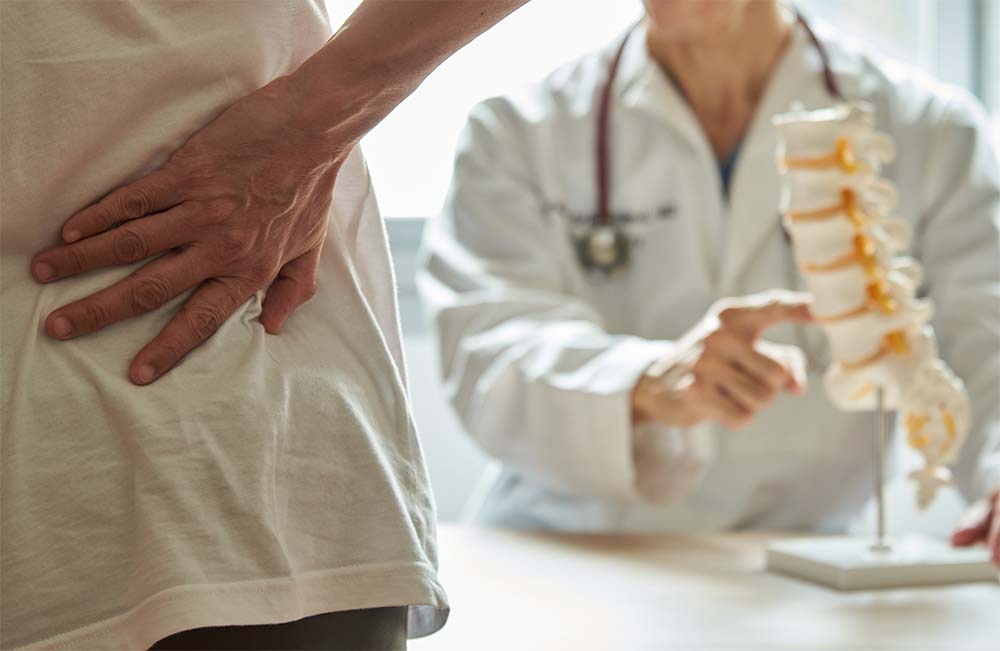
Innovative Spine & Orthopedic Implant Technologies to Watch.
Orthopedics isn’t necessarily a market commended for its digital innovation, but these five companies are proving differently with their latest product launches. Click to read more.
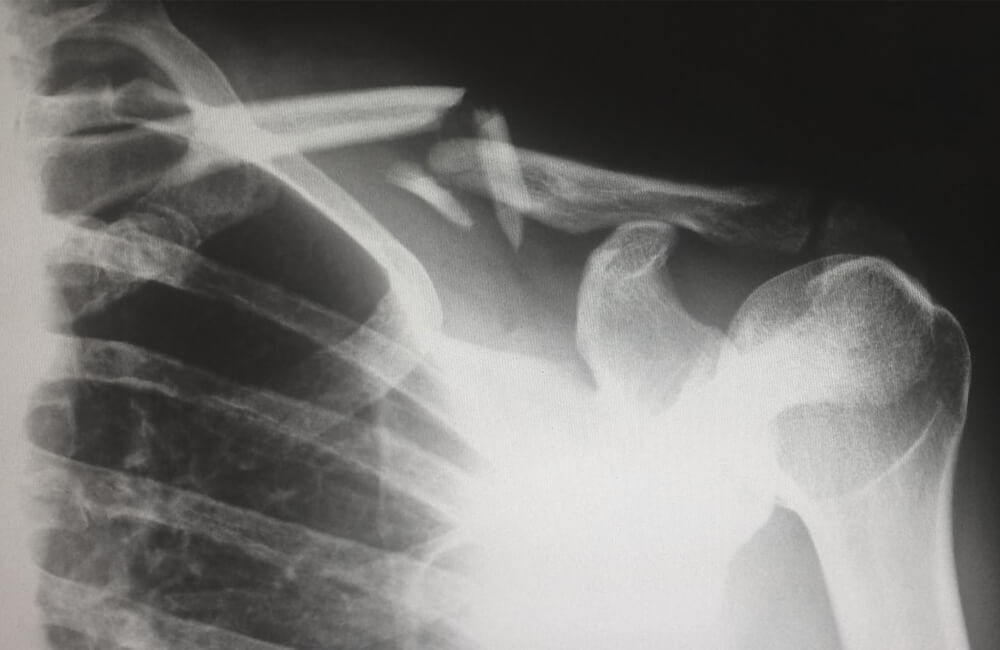
What Innovations Could Shape the Future of Orthopaedics?
To achieve personalised care in orthopaedics, we need advances in AI, surgical robotics, augmented reality (AR) and more! But where will this innovation come from? Click to find out.
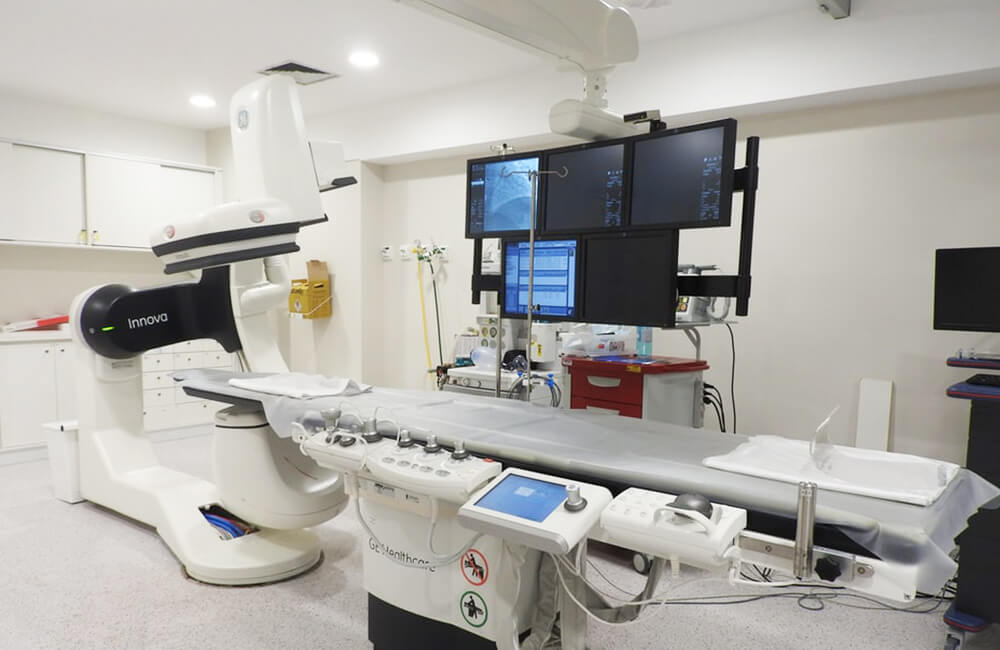
3 Technologies Revolutionising Spinal Surgery.
New innovations have continued to advance surgery – especially within the spinal space. I wanted to highlight the revolutionary technology that is driving this change and shaping the future of the space.

How to Take Your Medical Device to Market.
In this episode, I'm joined by Steven Haken and Deborah Rizzi from market access and reimbursement specialists Odelle Technology to discuss how to take a medical device to market.
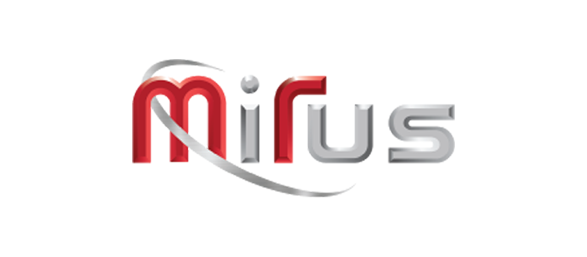
.png)
.png)
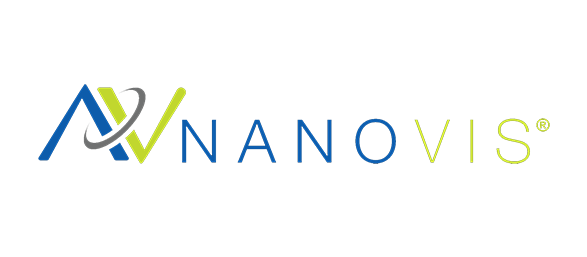
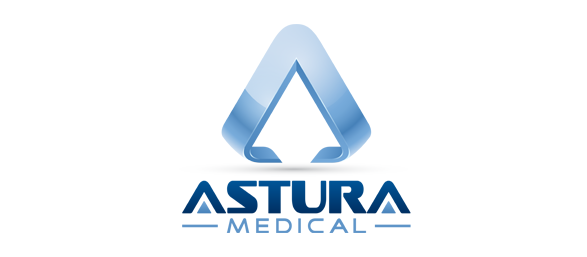
Comments.